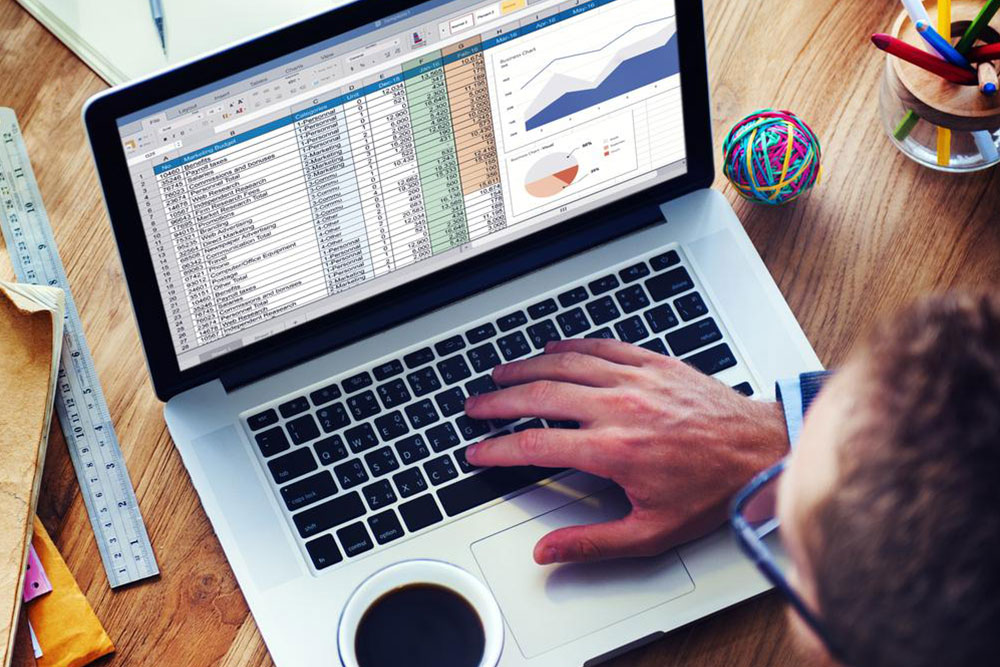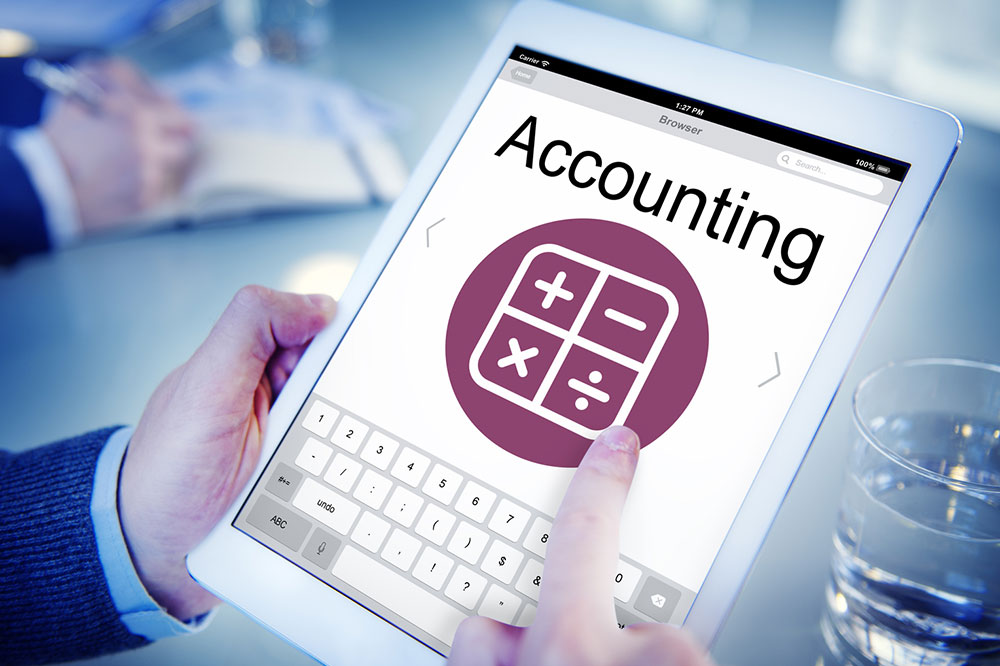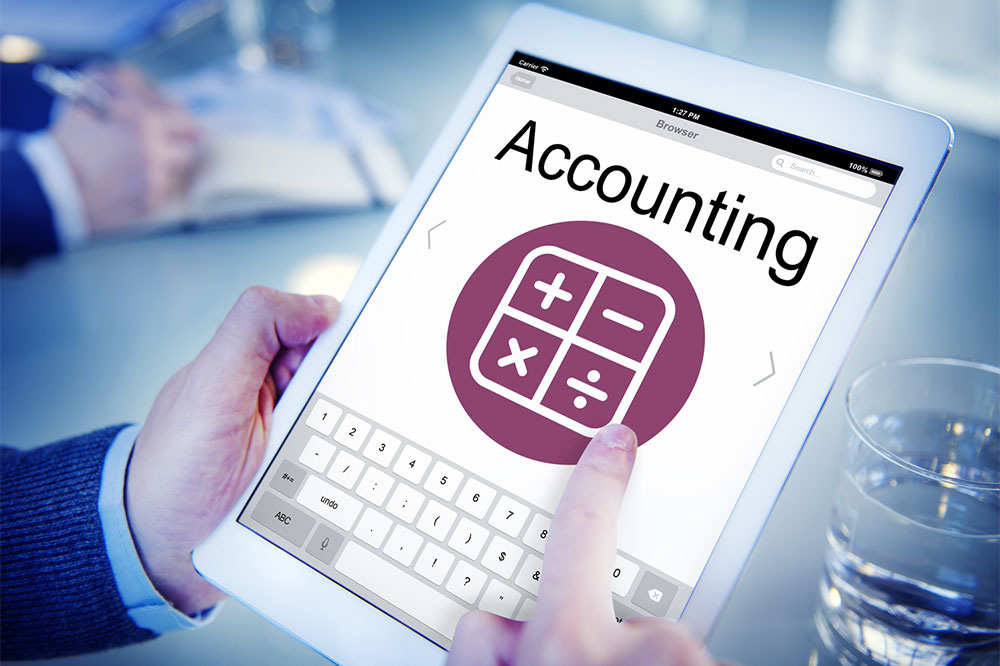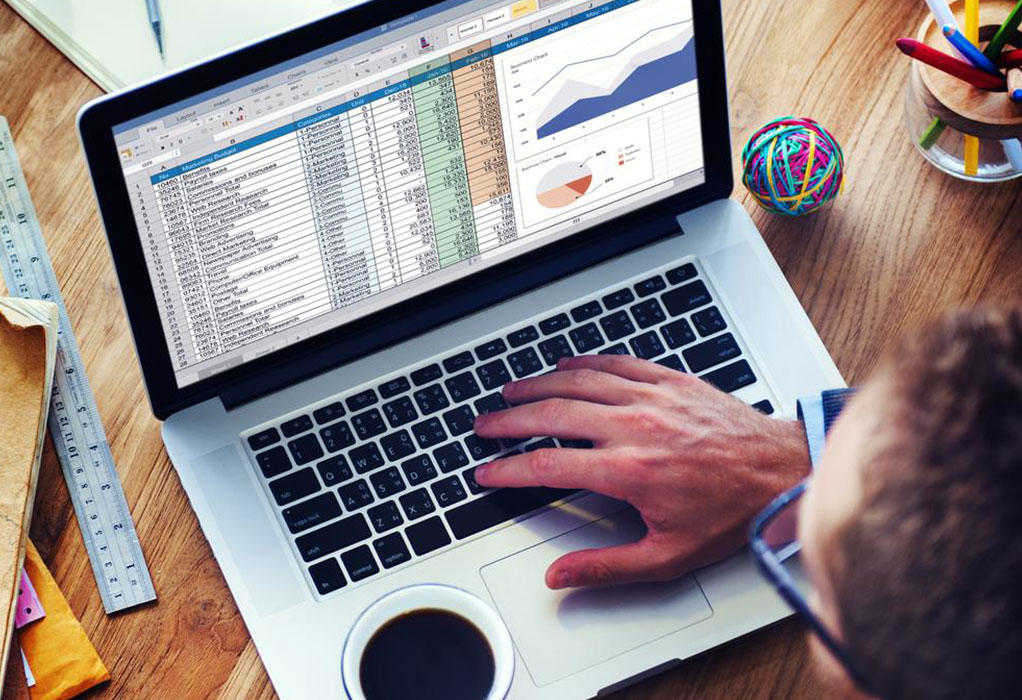Do You Need Prior Accounting Knowledge to Effectively Use Accounting Software?
Discover how you can effectively use accounting software without prior accounting knowledge. This comprehensive guide covers user-friendly features, essential tips for accurate data entry, and how non-experts can manage finances efficiently. Learn to choose the right software, understand basic concepts, and streamline your financial management process. Ideal for small business owners, entrepreneurs, and individuals seeking to improve their financial organization without professional accounting experience, this article offers valuable insights to harness modern accounting tools confidently.
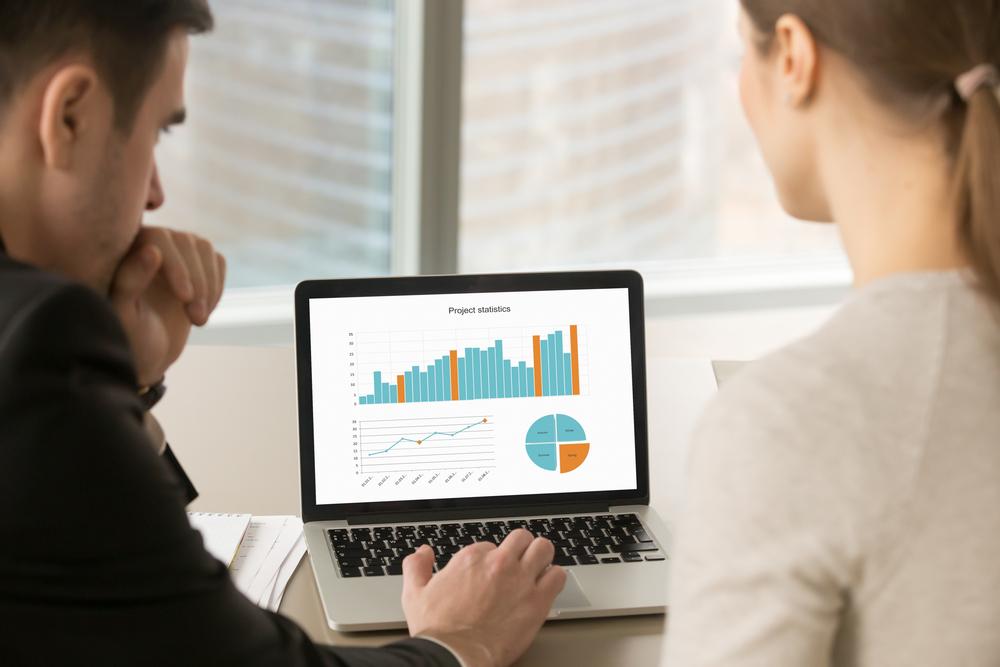
Do You Need Prior Accounting Knowledge to Effectively Use Accounting Software?
Many small business owners and entrepreneurs frequently hesitate when it comes to adopting accounting software, primarily because they fear that they must possess extensive accounting skills beforehand. This concern often deters them from leveraging modern financial management tools that could significantly streamline their business operations. The common question arises: Is prior accounting knowledge truly necessary to use accounting software effectively? The answer is more reassuring than many think. You don’t need to be a professional accountant or have in-depth knowledge of accounting principles to navigate and benefit from powerful accounting systems. This misconception often stems from the perceived complexity of accounting tasks, but the truth is that most accounting software today is designed with user-friendliness and ease of use in mind.
Understanding the basics of accounting can certainly enhance your efficiency and enable you to utilize more advanced features, but even non-experts can successfully operate these systems with minimal training. Entrepreneurs and small business owners can harness the power of accounting software to organize financial data, generate reports, and maintain accurate records without needing to inherit a professional accountant’s expertise. This democratization of financial tools means that anyone with a willingness to learn the fundamentals can benefit from automation, accuracy, and real-time financial insights.
Although accountants often have a deeper understanding of complex software functionalities, report generation, and financial compliance, performing essential daily tasks such as data entry, invoice creation, and transaction modifications do not require specialized accounting skills. These operations are designed to be intuitive, allowing users to input data accurately and efficiently without a background in accounting. Learning fundamental accounting concepts—such as understanding debits, credits, and bookkeeping principles—can further improve how you use the software, especially when dealing with financial statements or tax preparation. However, these are supplementary skills that are not indispensable for everyday transactions.
Modern accounting tools are crafted to facilitate straightforward data input and management. They typically feature step-by-step guides, prompts, and user-friendly interfaces that make the process accessible to individuals without accounting degrees. As a result, small business proprietors, freelancers, or individuals managing their personal finances can confidently navigate these systems to handle their financial tasks competently.
Simplifies Financial Management for Small Businesses
Effective financial management begins with clear, organized records. Fortunately, many accounting software solutions follow simple procedures that enable users to input invoices, record paid transactions, and generate receipts or financial reports with minimal effort. These primary functions do not demand advanced accounting knowledge; instead, they rely on guided interfaces and straightforward workflows. For instance, entering an invoice may involve selecting a customer, adding invoice details, and clicking save—all tasks that are designed to be intuitive for beginners.
If you have prior experience with basic data entry or have used simple financial tools before, you'll find that using accounting software requires only a basic understanding of everyday financial operations. The accessibility of these tools means that even individuals with limited technical skills can manage essential financial tasks efficiently, reducing dependency on external accountants for routine activities.
Precision in Data Entry Is Essential
The main focus for users often revolves around ease of use rather than complex calculations or intricate accounting procedures. As long as users input data accurately—such as correct amounts, proper categorization, and accurate dates—the software can handle calculations, reporting, and compliance checks automatically. Mistakes in data entry, however, can lead to inaccuracies in financial reports, tax filings, and cash flow projections. Therefore, attention to detail during data input is paramount to maintain financial accuracy and integrity.
Selecting the Right Accounting Software Requires Proper Research
While basic accounting functions can be performed without deep accounting knowledge, certain advanced features—such as managing payroll, tax calculations, or inventory—may require some familiarity with accounting principles. For these reasons, choosing the appropriate software is crucial. Many solutions are designed specifically for small businesses and entrepreneurs, offering an array of features that can be operated effectively by users without professional accounting backgrounds. It's important to conduct thorough research and possibly seek recommendations before selecting a program aligned with your business needs.
Opting for a user-friendly and scalable accounting system ensures that your financial management is streamlined. Good software enables quick report generation, better financial oversight, and efficient transaction processing. Over time, gaining some basic accounting knowledge can further enhance your ability to utilize these tools fully, especially when exploring more complex functionalities. The ultimate goal is to empower yourself with the right tools and knowledge to maintain accurate financial records, make informed decisions, and ensure compliance with relevant regulations.
In summary, while prior accounting knowledge can be beneficial, it is by no means a barrier to using accounting software effectively. With intuitive design, guided workflows, and basic financial literacy, small business owners and individuals alike can leverage these tools to simplify financial management, reduce errors, and gain critical insights into their financial health. The key lies in choosing the right software, dedicating time to learn simple operations, and maintaining disciplined data entry practices. As technology continues to evolve, increasingly sophisticated yet user-friendly accounting solutions will make financial management accessible for all, regardless of their accounting expertise.

